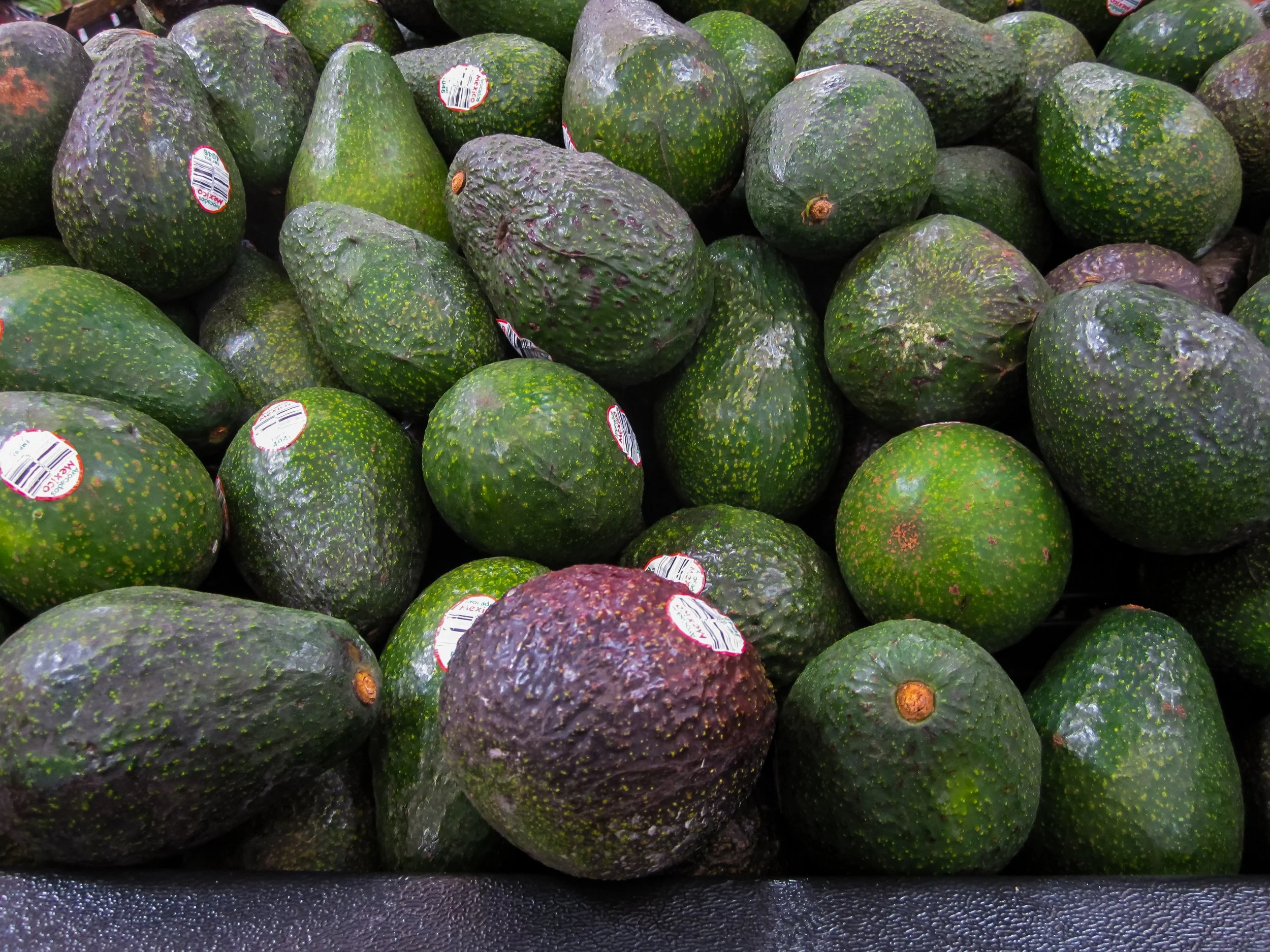Guatemala’s Avocado Ambition: America’s New Alternative Supplier?
Let's face it: Americans love avocados. Whether it's mashed and put on toast or tossed into salads, the nutritional fruit has become a national obsession. But with the United States heavily reliant on Mexico for avocado imports, a new player is entering the game: Guatemala. The relatively small Central American country produced only about 50,000 tons of avocados in 2024, prompting the question: Could Guatemala become America's next major alternative exporter?
While this idea initially may seem far-fetched, the odds are surprisingly in the country’s favor. With a climate very similar to Mexico's, it’s ideal for cultivating Hass avocados; additionally, the country is preparing to scale up its overall production of the fruit. Francis Bruderer, the president of the Guatemala Avocado Producers Association, explains, “Right now there are 17,300 acres (7,000 hectares) planted with the fruit, but in the next 10 years it could reach nearly 75,000 acres (30,000 hectares).” Furthermore, Guatemala’s proximity to the U.S. is extremely favorable, resulting in lower transportation costs and faster delivery of goods, making it an attractive alternative supplier. Recognizing the country's potential, in 2024, the U.S. approved Guatemala to start exporting avocados.
Not only did this solidify Guatemala's position, but it also bolstered international confidence in the country’s export potential. In response to the approval, Mission Produce, a major global avocado supplier, built a massive avocado packing facility, complete with its heliport, in the country. The facility is expected to employ hundreds of people in the Barberena area, boosting local employment and economic opportunities. The investments intend to underscore Guatemala’s serious goal of becoming a prominent player in global avocado production.
Despite Guatemala showing promising progress in the avocado industry, the country still faces some challenges due to recent U.S. trade policies. A 10% tariff imposed by President Donald Trump hindered Guatemala's ability to compete with Mexico, which, as of now, remains tariff-free for avocado exports. Additionally, although Guatemala received initial approval to begin exporting the fruit, it has yet to receive final confirmation from U.S. agriculture officials regarding phytosanitary standards. The protocols consist of inspections that verify that the goods are pest-free, and until approvals are finalized, the country is unable to send its avocados to the U.S.
Guatemala also finds itself needing to manage the critical environmental problems that have burdened other avocado-producing regions like Mexico. A major concern that many have is deforestation. As demand grows, farmers may need to clear forests in order to increase their yields, harming the biodiversity and nearby ecosystems. Furthermore, for proper development, avocados need lots of water. Currently, the country lacks regulation on water use for avocado farming.
But there's still hope for the small nation. Michoacán, where Mexico’s most prominent avocado industry resides, has dealt with notable disruptions recently. Security concerns have grown as the industry’s profitability has attracted organized crime groups. This has caused an increase in threats and even violence against U.S. agricultural inspectors, making it riskier to do business with the country. In 2022, it got so bad that inspections were suspended due to the growing problem. These disruptions have left Mexico vulnerable in the avocado supply industry, allowing Guatemala to present itself as a safer, reliable alternative supplier to the U.S. market.
Guatemala has also already begun to address its deforestation and water use problems. Companies are utilizing drip irrigation systems to reduce water consumption, and Guatemalan authorities are strongly encouraging those to use “good agricultural practices” that consist of methods that not only guarantee healthy avocado production but also preserve the country's resources.
Looking ahead, Guatemala shows promise in the avocado industry. The country is making strides to be the U.S.’s go-to alternative supplier by investing in better facilities, creating more jobs, and adapting its farming practices to make them more appealing to do business with. While the country is experiencing some hurdles, it hasn’t stopped them. In the coming years, Guatemala could redefine not only its own agricultural economy but also shift the balance in the global avocado industry.

